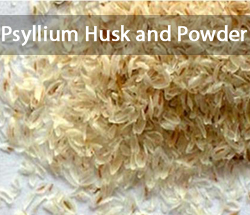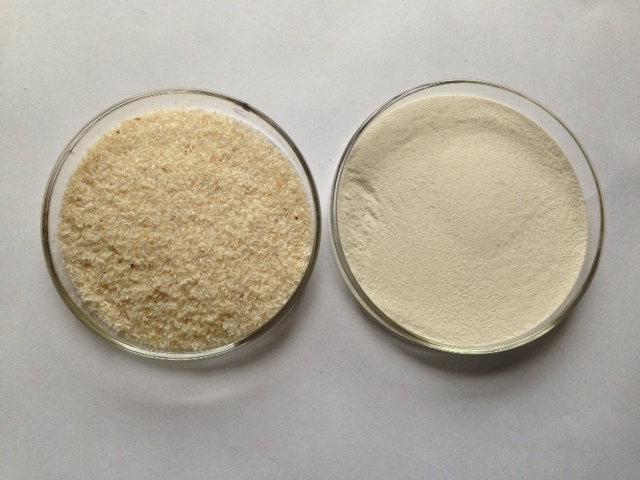Technical Specifications of Psyllium Husk Powder for Various Uses
The psyllium husk is made up of the epidermis of the dried ripe seeds of the plantago Ovata F. The psylliyum powder is extracted from the seed of the plantago Ovata plant. It has a high level of soluble fibre. The beneficial bacteria make use of soluble fiber to energize the colon and thus help to enhance the natural elimination process of the body. A healthy colon system, like any other organ in the body requires energy. When the psyllium is consumed, it helps slow down the absorption of foods and aid in water retention thus supporting a healthy and well formed bowel movements.
Composition of the Psyllium Husk Powder
The fiber component in the plant can be divided into three main components
- The highly fermentable component comprising from 15 – 20% of the total weight
- The un fermentable component comprising approximately 10 – 15 % of the weight
- Poorly fermentable and bulk forming component that goes as high as 55-60% of the psyllium weight.
From research, it has been recognized that the psyllium is very high in xylose – 59%, arabinose at 22.3 %, Uronic acid, galactose, glucose, rhamnose, mannose, and small levels of ribose. The un-fermentable portion of the powder is responsible for gel formation and fecal formation after supplementation with psyllium.
Management of appetite
Studies have shown that the psyllium husk meal when consumed before meal time and in the required dosages has the potential to cause a reduction in the appetite. 20 g of psyllium husk taken 3 hours prior to a full meal, and then immediately prior to the meal, significantly increased meal – induced satiety. This may eventually help people to reduce the energy intake by earlier termination of meals. This supplementation and the increased feeling of fullness also help reduce the fat intake.
Cardiovascular Health
The functional benefits of the psyllium are well recognized and various national agencies are following up on the use of the product in management of cardiovascular health.
Lowering Of Lipids
It has been observed that psyllium husk powder administered as the commercial bulk forming laxative has the effect of reducing the serum triglycerides. Repeated research has now shown that the powder effectively lowers the blood lipid levels and mainly the LDL cholesterol.
In young children the effect of the psyllium has been studied for the control of hypercholesterolemia. The process by which psyllium lowers the LDL cholesterol is on study. It has however been reported that this process is related to the ability to stimulate bile acid synthesis and loss.
Management of Diabetes
In the management of the type 2 diabetes among patients, the main priority is the normalization of the blood glucose values. High fiber diets for these patients help in reducing the blood glucose, cholesterol as well as weight reduction and maintenance.



